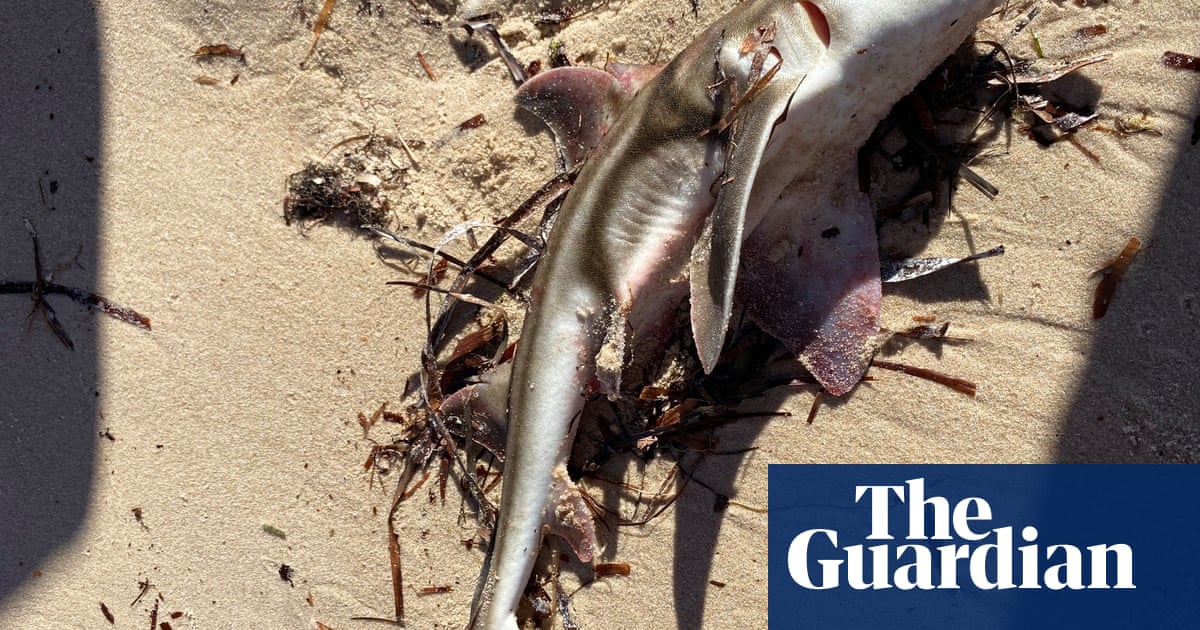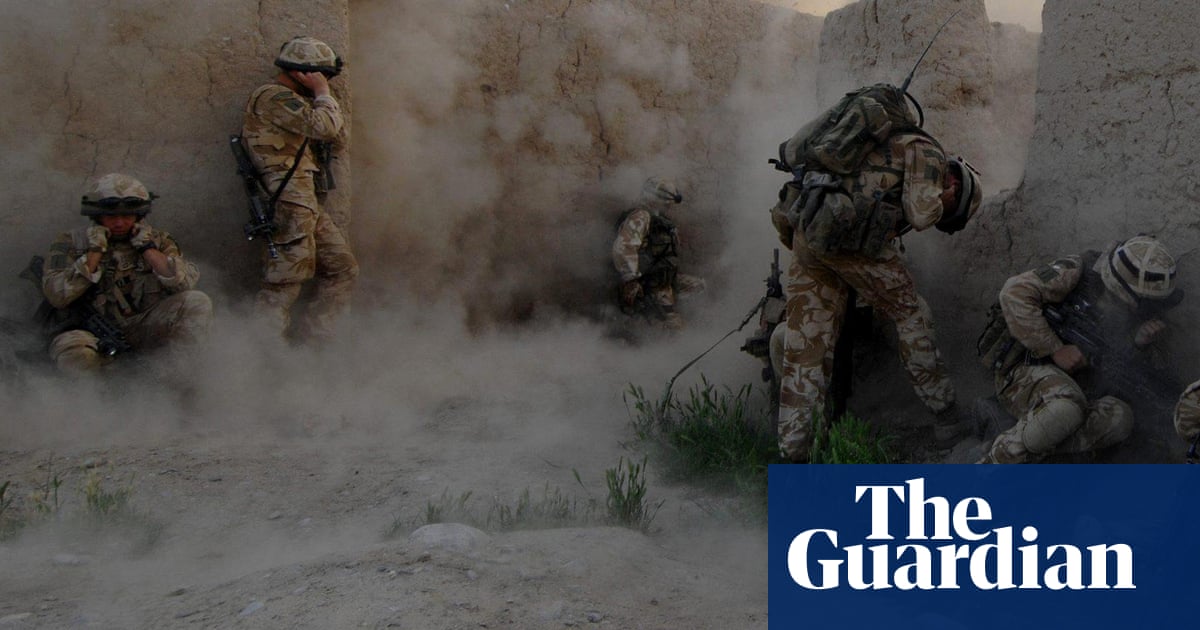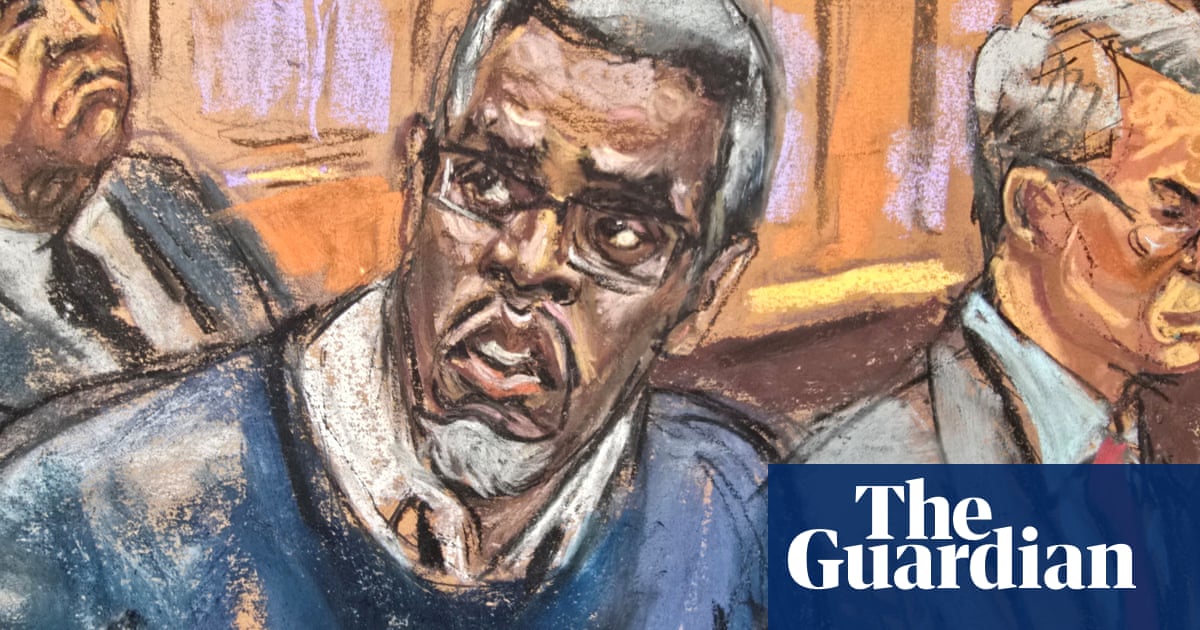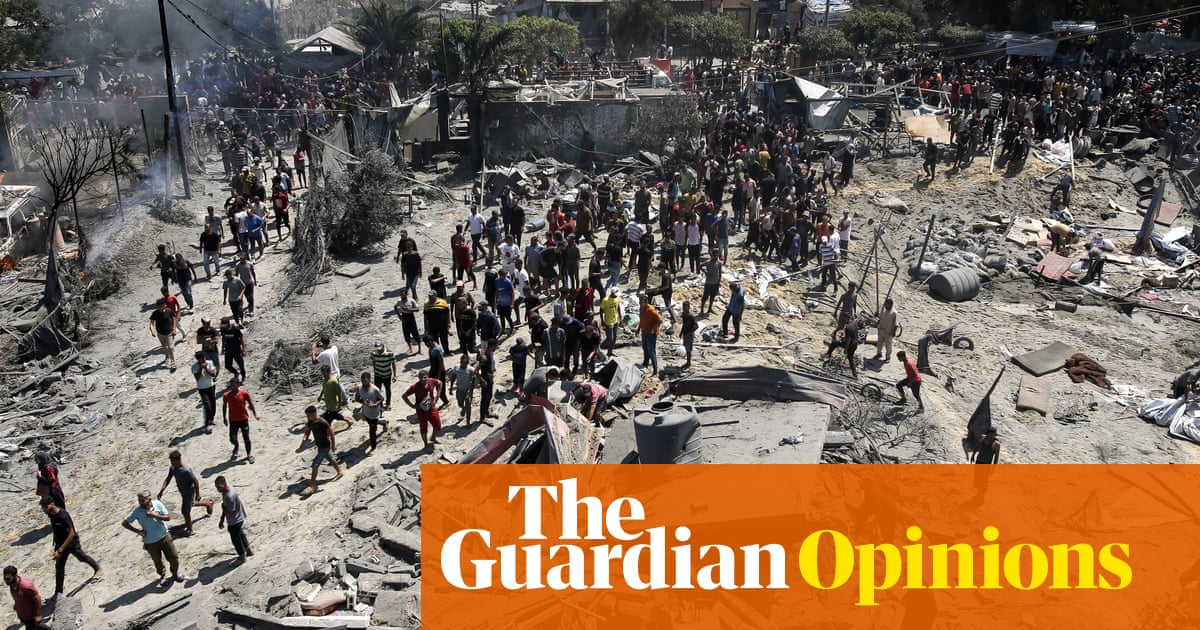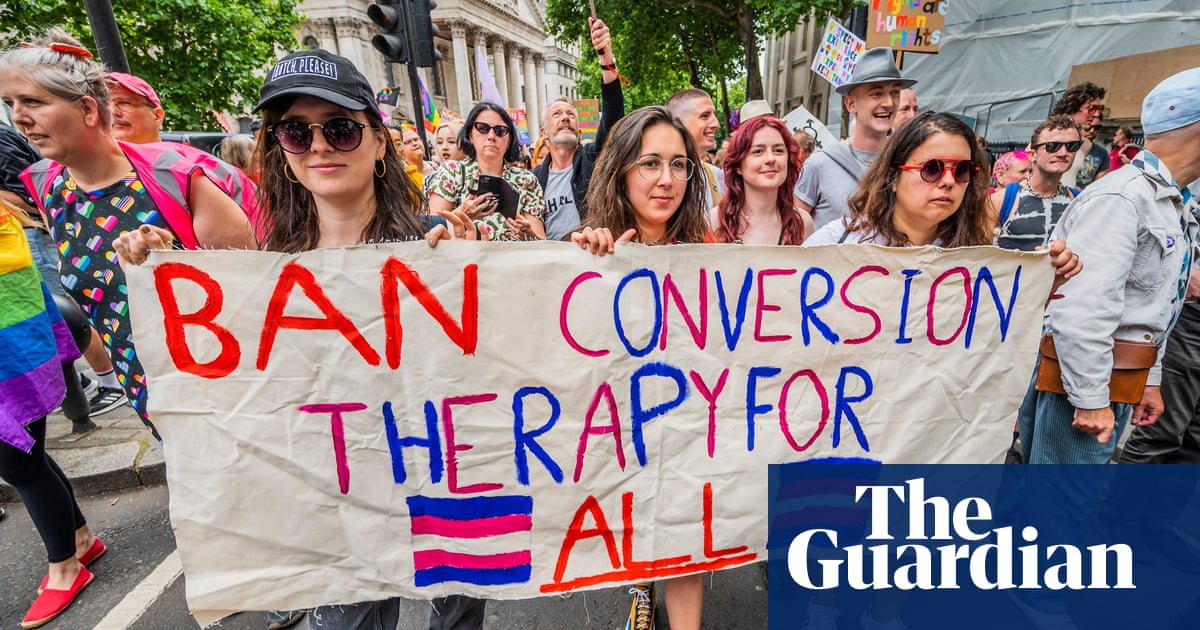A Kurdish militant group whose attacks and insurgency against Turkey have spanned more than four decades has declared it will disarm and disband, after a call from its jailed leader earlier this year.
The Kurdistan Workers’ party (PKK) announced the decision to dissolve its guerrilla forces, heeding a watershed announcement from Abdullah Öcalan three months ago.
Leaders of the militia group, which is regarded as a terrorist organisation in Turkey, the UK and the US, said their armed insurgency had “brought the Kurdish issue to the point of resolution through democratic politics, and in this regard the PKK has completed its historical mission.”
The announcement that the militia will end decades of fighting will affect forces based near Turkey’s borders with Iraq and Iran, as well as allied or splinter groups in north-east Syria. Despite the PKK announcement of a “new phase”, the decision to disarm and dissolve appeared to be unilateral, with few public indications about authorities in Ankara offering dialogue.
The decision follows months of outreach to Kurdish political leaders in Turkey by the nationalist politician Devlet Bahçeli, a coalition partner of the president Recep Tayyip Erdoğan’s Justice and Development party (AKP). Local reports suggest Bahçeli has sought pathways to extend Erdoğan’s rule beyond two presidential terms through bolstering support from the pro-Kurdish Peoples’ Equality and Democracy (DEM) party.
The AKP spokesperson Ömer Çelik welcomed the PKK decision with caution. “If the latest PKK decision is fully implemented, shutting down all of its branches and structures, it will be a turning point,” he said.
The PKK leadership called their decision to halt armed struggle “a solid foundation for lasting peace and a democratic solution” and reiterated calls for Öcalan to be freed in order to oversee the group’s dissolution. The Kurdish leader has been held on an island prison off the coast of Istanbul since he was captured by Turkish forces in Kenya in 1999.
Founded in 1978, the PKK led an armed insurgency primarily targeting Turkish military infrastructure, seeking greater recognition and independence for Kurdish communities in Turkey’s south-east. Amnesty International accused the group of harming rural Kurdish communities due to its activities in the 1990s.
Tens of thousands of people are estimated to have been killed in the fighting with Turkish forces since the PKK officially began an armed insurgency in 1984, according to the International Crisis Group. The ICG found that in the year that followed the breakdown of the last ceasefire between the PKK and Turkey in 2015, more than 1,700 were killed including civilians, Kurdish fighters and members of the Turkish armed forces.
The PKK’s decision to disband has further isolated allied Kurdish fighting forces in north-east Syria. The Syrian Democratic Forces (SDF) remain under increasing pressure to integrate into Syria’s new military after the collapse of the regime of Bashar al-Assad last year and the withdrawal of hundreds of supporting American troops from areas in the north-east under their control.
The SDF commander-in-chief, Mazloum Abdi, signed a deal with the new authorities in Damascus in March to merge SDF-led institutions into those of the fledgling Syrian state.
Abdi previously dismissed any suggestion that the PKK’s dissolution would affect his forces, saying: “To be clear, this only concerns the PKK and is nothing related to us here in Syria.”

 6 hours ago
7
6 hours ago
7

